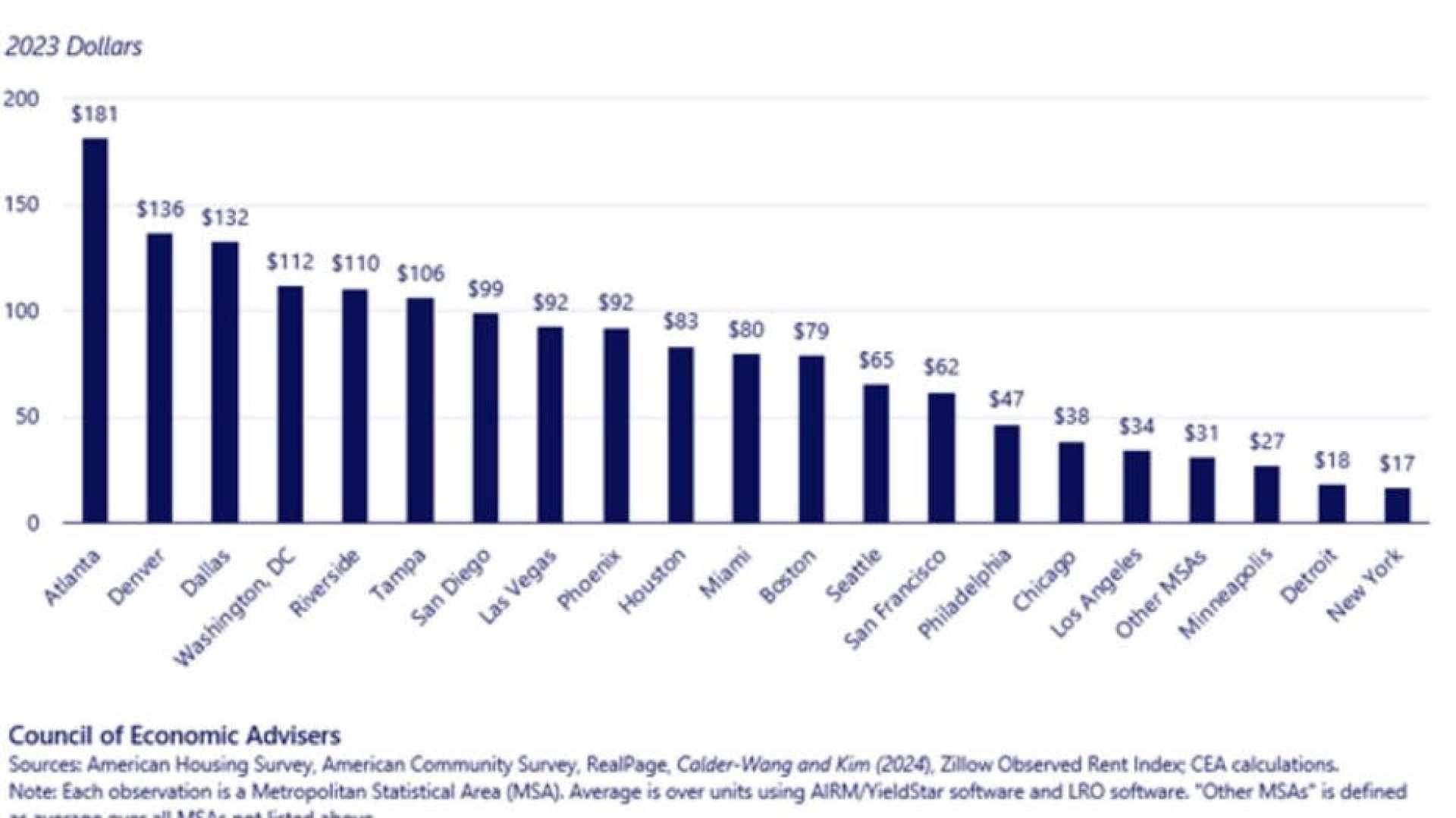News
DOJ Sues Major Landlords Over Alleged Rent-Fixing Algorithm Scheme

WASHINGTON, D.C. — The U.S. Department of Justice (DOJ) on Tuesday filed a lawsuit against six of the nation’s largest landlords, accusing them of using a pricing algorithm to collude and artificially inflate rents across the country. The lawsuit targets property management software company RealPage and its clients, alleging they engaged in anticompetitive practices that harmed millions of renters.
The DOJ’s antitrust division claims the landlords shared sensitive pricing data and used RealPage’s algorithm to coordinate rent increases, violating federal laws designed to promote competition. The six landlords named in the suit manage more than 1.3 million rental units across 43 states and the District of Columbia. One defendant, Cortland, has already reached a settlement with federal prosecutors.
“While Americans across the country struggled to afford housing, the landlords named in today’s lawsuit shared sensitive information about rental prices and used algorithms to coordinate to keep the price of rent high,” said Acting Assistant Attorney General Doha Mekki of the DOJ’s Antitrust Division. The lawsuit seeks to end these practices and make housing more affordable.
The legal action follows a two-year DOJ investigation and builds on a 2022 ProPublica report that exposed how RealPage’s software collected nonpublic pricing data from landlords, analyzed it, and recommended rent levels. This coordination, prosecutors argue, created a cartel-like environment that suppressed competition. RealPage’s software allegedly encouraged landlords to adopt an “auto-accept” feature, making it difficult to reject its rent recommendations.
RealPage Senior Vice President Jennifer Bowcock defended the company, calling the lawsuit “flawed” and arguing that the software is legal and pro-competitive. “It’s past time to stop scapegoating RealPage — and now our customers — for housing affordability problems when the root cause of high housing costs is the undersupply of housing,” she said.
Among the defendants are Greystar, the largest rental manager in the U.S., and Camden Property Trust. Greystar expressed disappointment at being included in the lawsuit, stating it had not engaged in anti-competitive practices. Camden CEO Ric Campo previously acknowledged that adopting RealPage’s software in 2006 boosted profits, even as tenant turnover increased.
The lawsuit also names Blackstone’s LivCor, Willow Bridge Property Company, and Cushman & Wakefield, which owns Pinnacle Property Management. Cushman & Wakefield denied wrongdoing, stating it does not set pricing or occupancy targets as a property manager.
Ten states, including California, Illinois, and Massachusetts, have joined the DOJ as co-plaintiffs. Massachusetts Attorney General Andrea Campbell emphasized the need to hold landlords accountable for undermining a fair housing market. “As residents continue to grapple with rising costs including high rents, our office will seek to hold accountable those who betray renters’ trust,” she said.
RealPage claims its software is used in fewer than 10% of U.S. rental units, but independent analyses suggest the figure could be as high as 25%. Researchers estimate that algorithmic pricing has cost renters an additional $70 per month on average, totaling $3.8 billion in 2023 alone.
The outcome of the lawsuit remains uncertain, as the incoming administration’s stance on antitrust enforcement is unclear. President-elect Donald Trump has nominated Gail Slater, a veteran antitrust attorney, to lead the DOJ’s antitrust division.












